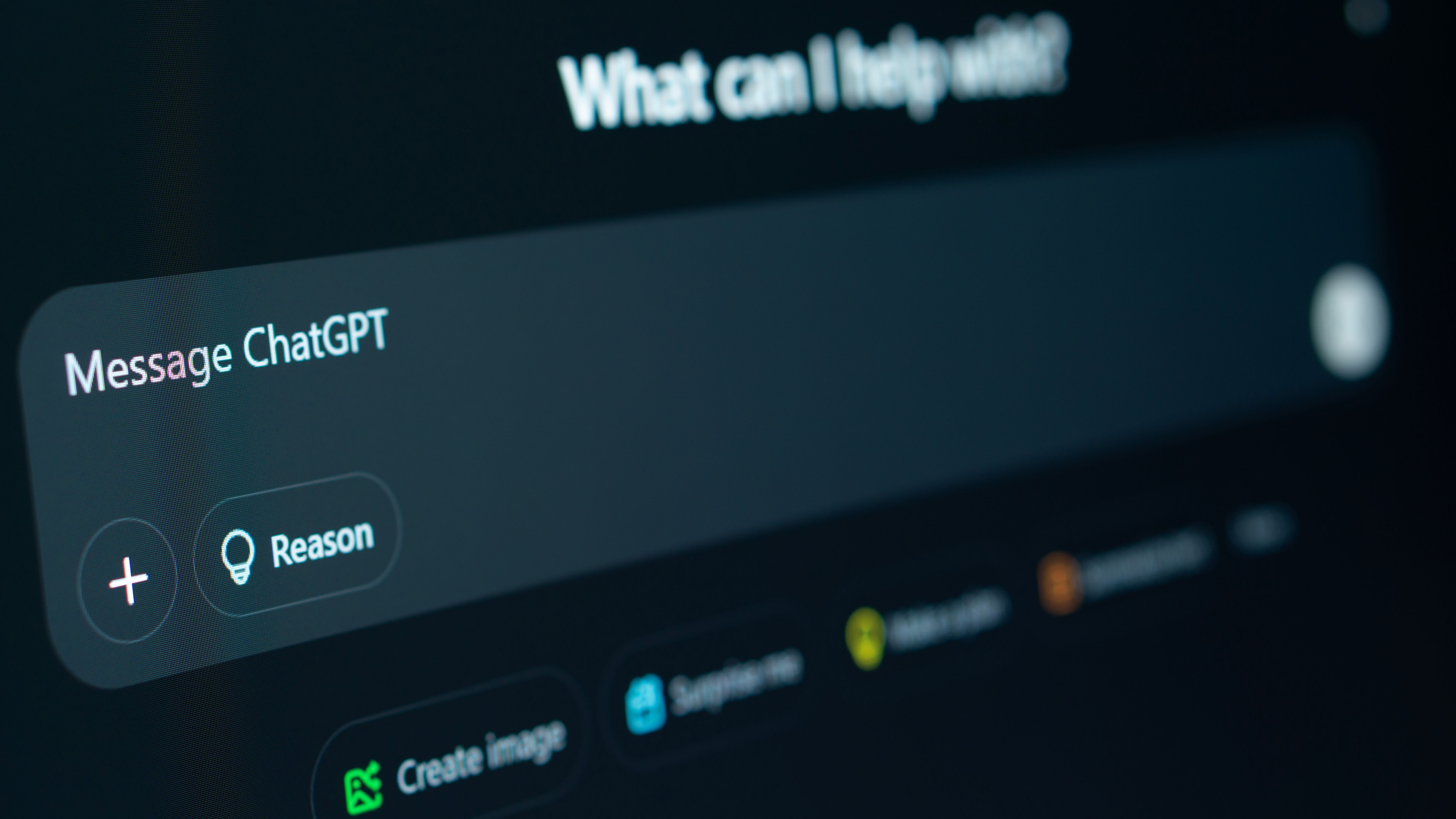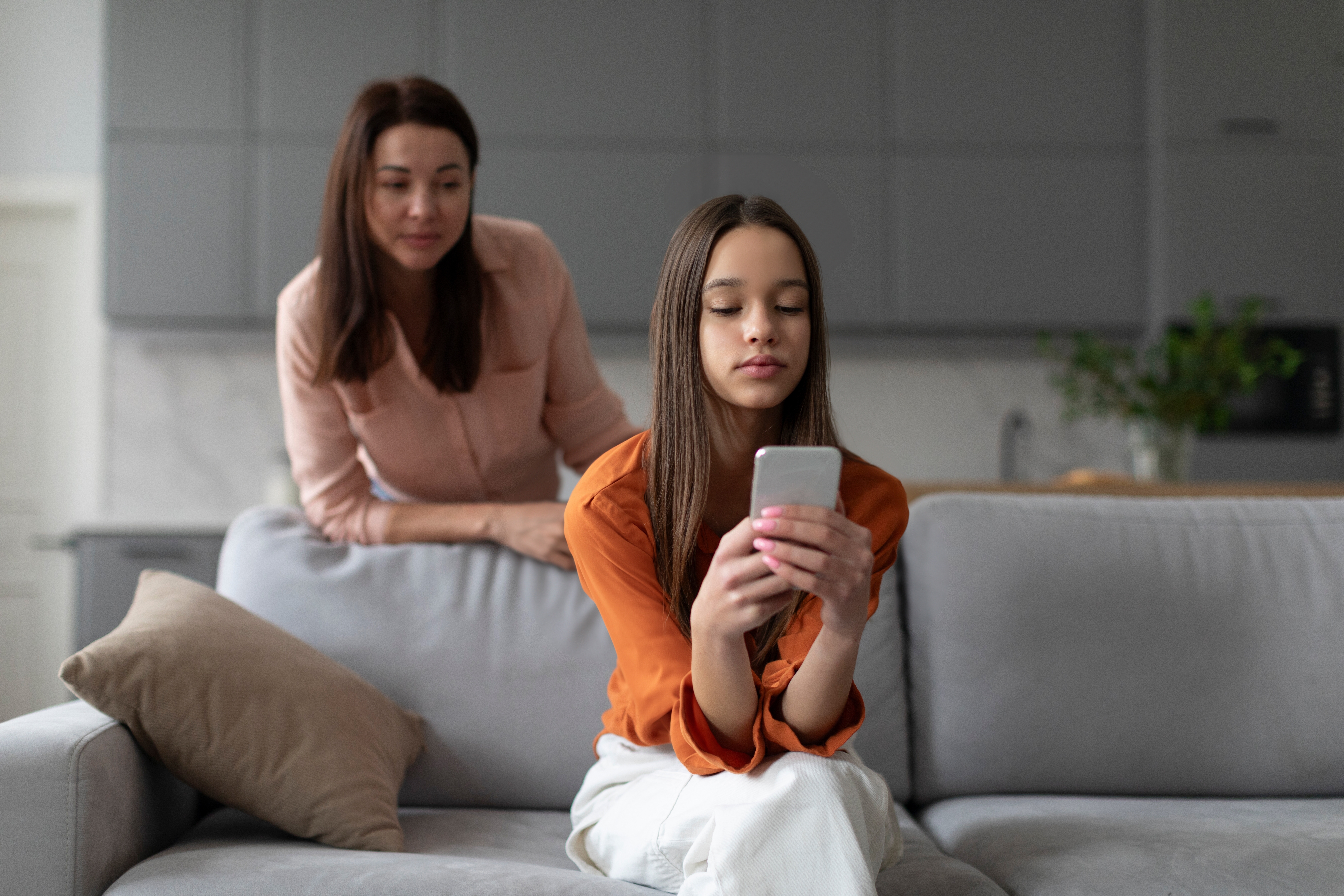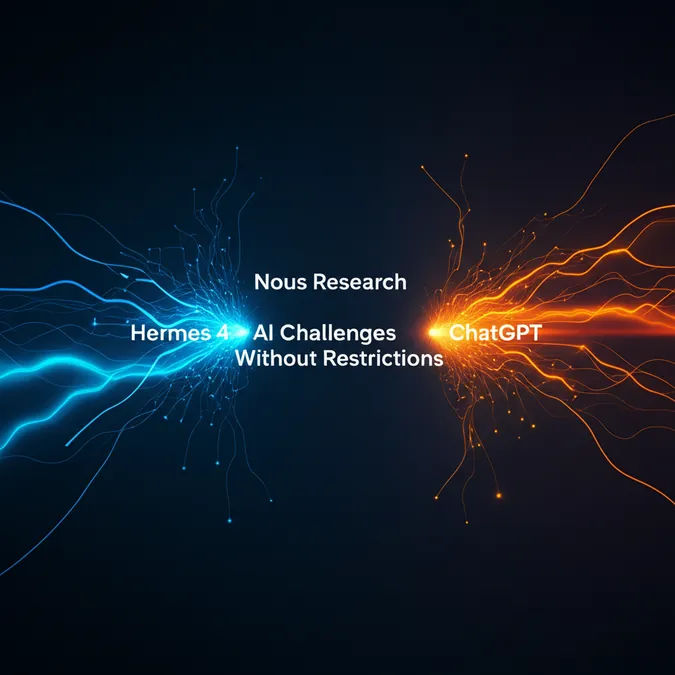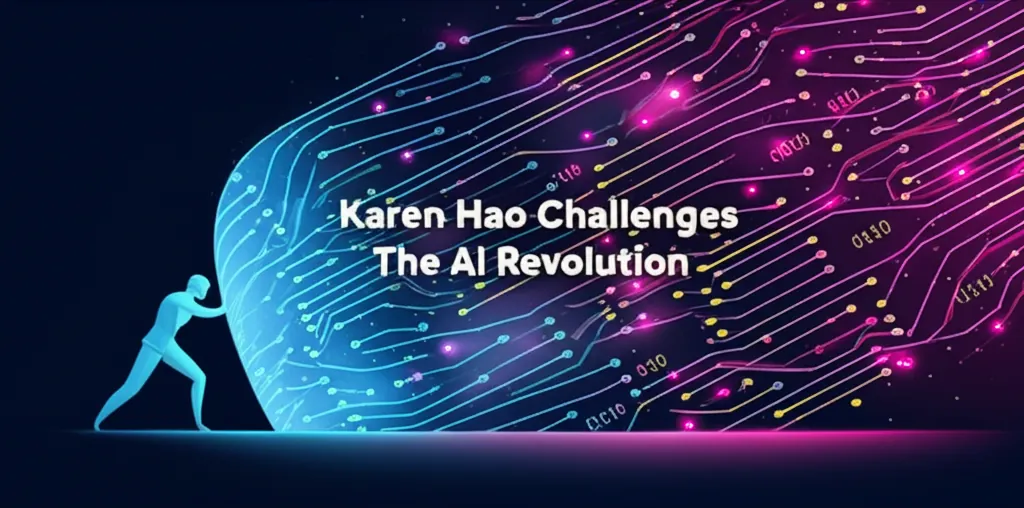Developer Offer
Try ImaginePro API with 50 Free Credits
Build and ship AI-powered visuals with Midjourney, Flux, and more — free credits refresh every month.
OpenAI Is Making ChatGPT Safer for Mental Health Crises
 (Image credit: Shutterstock/Bangla press)
(Image credit: Shutterstock/Bangla press)
While OpenAI's recent presentation on its latest model seemed heavily focused on its coding capabilities, the real-world application of ChatGPT often ventures into more personal territory. Many people rely on the AI for mental health support, using it as a unique combination of a life coach, therapist, and friend. The strong user reaction to changes in the AI's personality underscores this deep connection.
Recognizing its growing responsibility, OpenAI has acknowledged the serious emotional and mental distress some users experience while interacting with its platform. In a recent announcement, the company stated, “recent heartbreaking cases of people using ChatGPT in the midst of acute crises weigh heavily on us, and we believe it’s important to share more now.”
Strengthening User Safeguards
OpenAI is focusing on several key areas to improve user safety without releasing a major new update just yet. The goal is to explain current designs, identify areas for improvement, and outline future work.
Key enhancements include:
- Strengthening safeguards in long conversations: The company noted that while ChatGPT might correctly suggest a suicide hotline initially, its safeguards can weaken over a prolonged conversation. They are working to ensure safety protocols remain consistent over time.
- Refining content blocking: OpenAI is tuning its content classifiers to better detect and block harmful content. Gaps in the current system have allowed some inappropriate content through, and the company is adjusting thresholds to trigger protections more reliably.
- Expanding crisis intervention: The team is exploring ways to intervene earlier and connect users with certified therapists before a crisis becomes acute. This ambitious plan involves moving beyond just providing hotlines to potentially building a network of licensed professionals accessible directly through ChatGPT.
Introducing Parental Controls
 (Image credit: Shutterstock)
(Image credit: Shutterstock)
Another significant development is the planned introduction of parental controls. This feature will give parents more insight into how their teens use ChatGPT and the ability to shape that experience.
Furthermore, OpenAI is exploring an option for teens, with parental oversight, to designate a trusted emergency contact. In moments of severe distress, this would allow ChatGPT to do more than offer resources; it could help connect the teen directly with a person who can provide immediate help.
A Necessary Step in AI Evolution
The rapid evolution of AI tools like ChatGPT often feels like it outpaces the consideration of their societal implications. The introduction of parental controls and enhanced safety features is a welcome and necessary step. While other AIs like Microsoft Copilot have existing guardrails, they often rely on the broader operating system for parental controls.
How OpenAI will implement effective, hard-to-circumvent controls remains a challenge, but it's a critical conversation to have as AI becomes more integrated into our daily lives. This move signals a maturing understanding of the platform's role and responsibility in user well-being.
Compare Plans & Pricing
Find the plan that matches your workload and unlock full access to ImaginePro.
| Plan | Price | Highlights |
|---|---|---|
| Standard | $8 / month |
|
| Premium | $20 / month |
|
Need custom terms? Talk to us to tailor credits, rate limits, or deployment options.
View All Pricing Details

